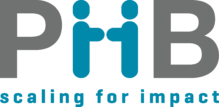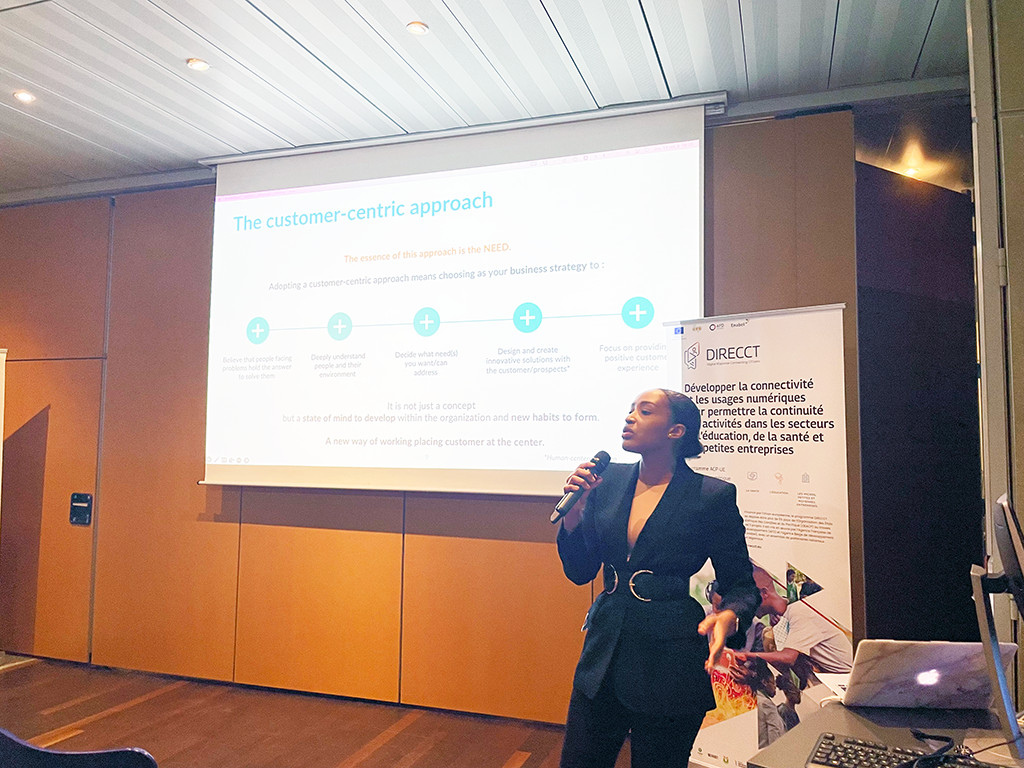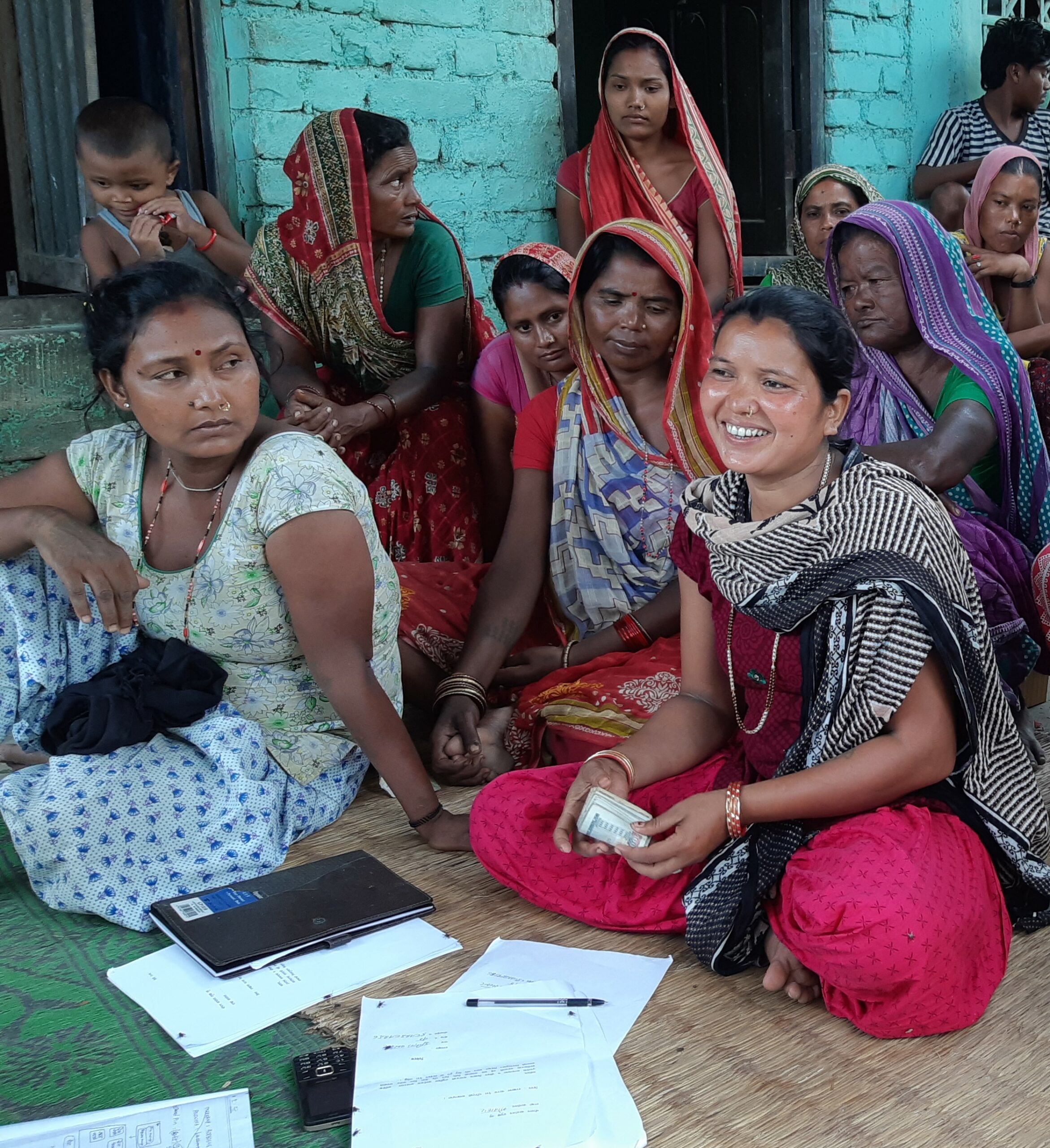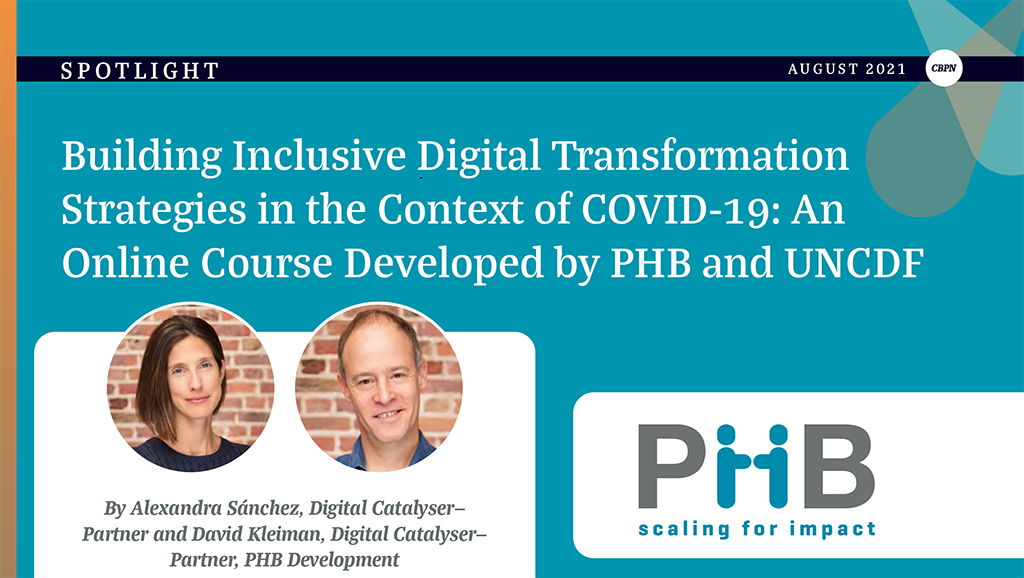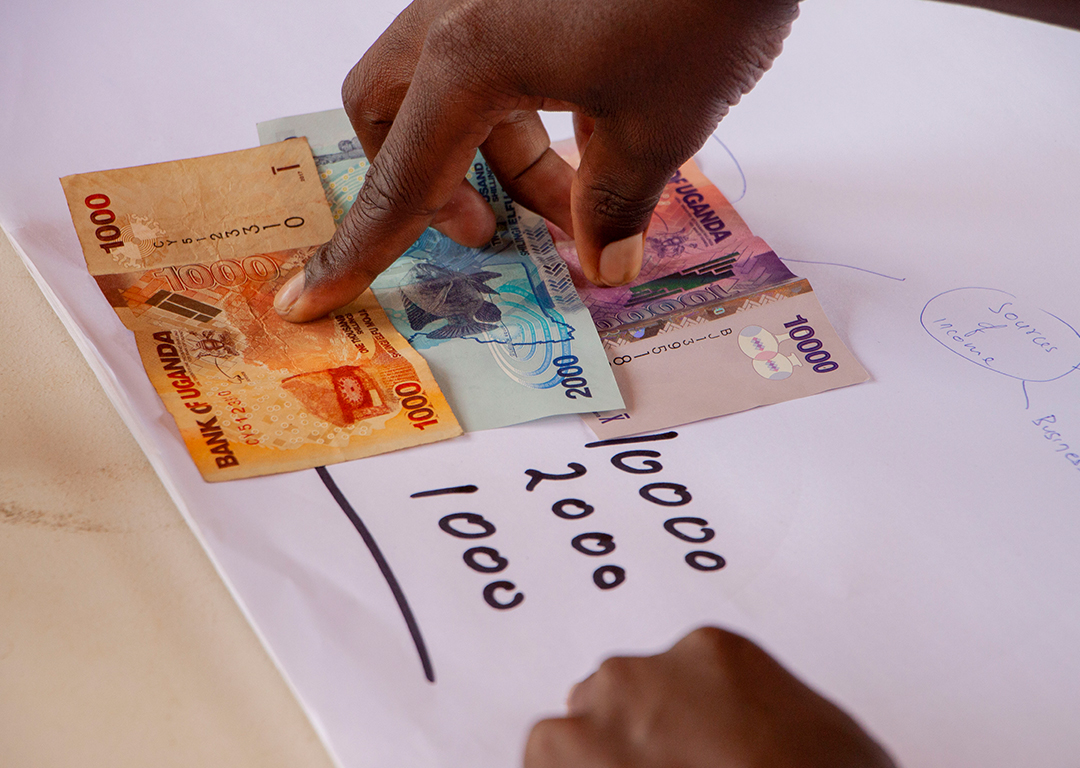
An investment in knowledge pays the best interest
Financial Literacy training for the refugees of Uganda.
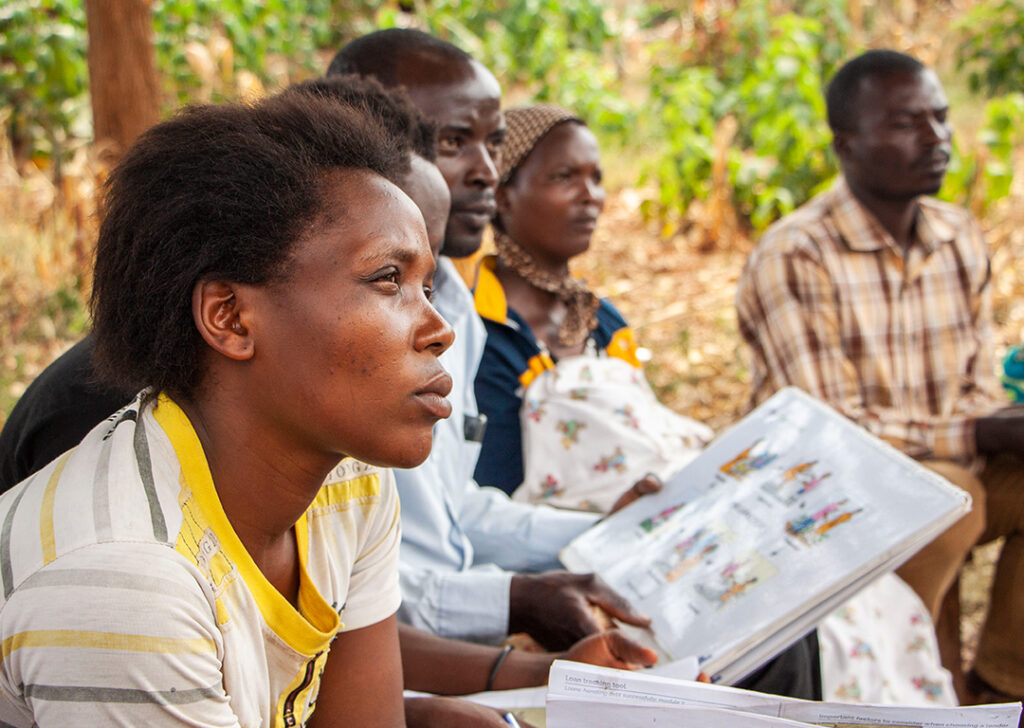
The international community has praised Uganda for having a progressive humanitarian policy of opening its borders to more than 1.4 million refugees from South Sudan, Democratic Republic of Congo, Burundi and Rwanda – making it the largest host nation on the African continent. The refugee population is not homogenous and represents people of many parts of Africa – with distinct cultural orientations and languages – united by their shared desire to lift themselves out of dependency and lead a self-reliant life.
To support this transition, WFP and other agencies are ramping up their cash-based interventions which allow vulnerable households to address their own needs and to make choices that improve their food and nutrition security. Each refugee receives monthly cash support of UGX 31,000 (US$ 8.46) from WFP. To optimally manage these resources, better financial awareness among refugees is paramount as the shift is taking place from food-based support to cash-based support.
In close collaboration with UNCDF, WFP and their partnering organizations Andre Foods international (AFI), Hunger Fighters Uganda (HFU) and The Adventist Development & Relief agency (ADRA), the PHB team designed a leaner and participatory focused financial literacy curriculum with supporting tools. The training aims to teach new habits that promote a positive behavioural change over time through practical exercises that encourage learning how to save and realistic goal setting.
The design team, led by Kristina Jervell was able to understand the challenges faced by the refugees in a foreign land away from the familiar environment of their homes. They applied human-centred design methods to identify gaps in the existing curriculums and testing the content fit with refugees in Nakivale, Rwamwanja, and Kiryandongo settlements. The team designed a training concept to answer the challenges of coming to terms with having to rebuild their lives from scratch in a new country with few resources at hand.
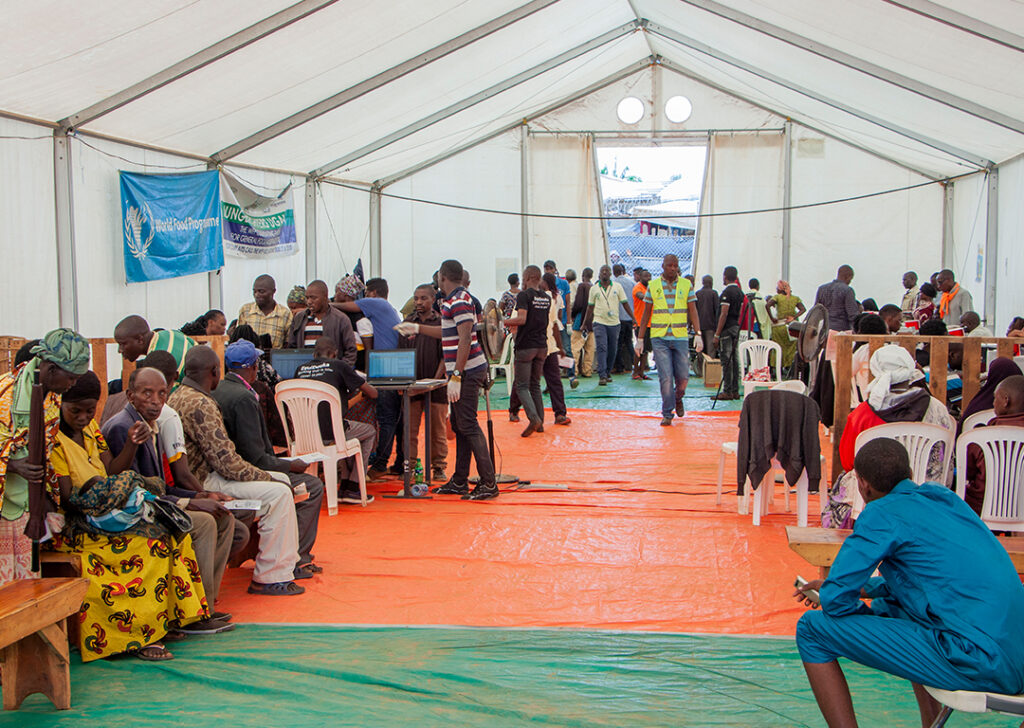
It is easy for refugees to become passive in the settlement environment, often overflowing with aid organizations offering training and support but asking for little commitment in return. The outcome is dependency and complacency in the long term. The design team identified early on that the training should only target highly motivated individuals who would commit to 80% participation without receiving any monetary or material incentives and that they are willing to purchase their stationaries. The program selected those expressing a deep desire for wanting to use this knowledge towards taking charge of their lives.
Rapid prototyping is a fast and efficient way of testing assumptions and concepts. So the team, therefore, did two pilots first with 60 and later 1800 participants, to adjust and subsequently validate the findings from the initial research phase, to understand how the training could be delivered to even larger cohorts.
Twentyone-year-old Idrissa lost contact with his father when he fled DRC. As one of the participants of the training, he shares his feeling with us, “Life was good back in Congo. I was schooling there. I lost my father during the war, not sure if he is dead or alive. Here, I cannot say we are in a good life. There are no jobs. We try to use our talents to make little money. Here I cannot plan for the future.”
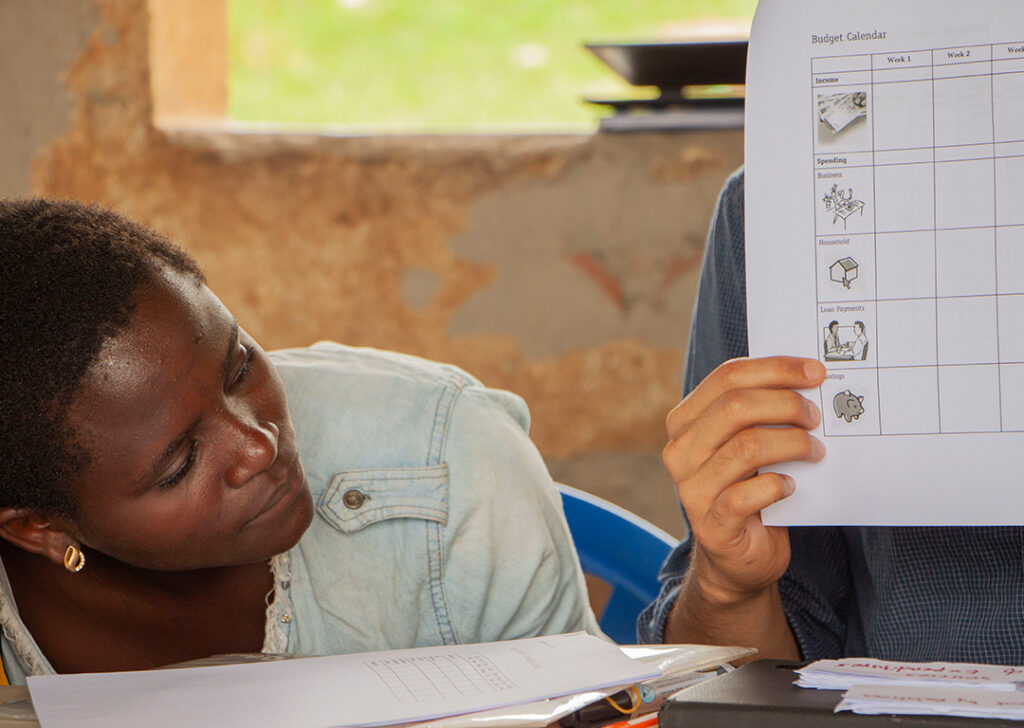
Further, to improve family dynamics, husband/wife or parent/child were paired up from each household, meeting for 2 hours, twice a week for the 5-week training period. They were quick to express their excitement of having learned how to budget, plan and save, realizing how it was already positively affecting their financial situation. Christine Nasafari, a participant from Nakivale settlement, never had any savings. She used to spend all her earning from her clothing business to care for her 11 children and never understood the importance of saving for the rainy days. After attending five weeks of Financial Literacy Training, she says “I wish I had this training ten years ago; my family would have been rich and living a perfect life now.”
WFP is has seen the value of this sort of intervention and is now preparing to deliver the training, via a training of trainers approach, to 300,000 refugees across nine settlements in Uganda. Additionally, as the toolkit is open source and available online, WFP urges other organizations to use the training with the goal to reach as many people as possible and to have one universal curriculum to unify the efforts made by the stakeholders who are delivering cash assistance including Cash Working Group members.
This toolkit is a manifestation of the conviction that small but significant changes can create a long-term effect and help people regain control of their lives. The toolkit is empowering them to imagine a future as a contributing member of society, and not as a refugee.
The toolkit is available for download online in English, Kiswahili and Kinyabswisha.
Story and photos: Kristina Jervell
Restez connectés
Commencer